7 Essential Tips for Efficient Water Well Repair to Boost Lifespan by 30%!
Proper maintenance and timely well repair are crucial for extending the lifespan of water wells, which can significantly reduce long-term costs and enhance efficiency. According to the National Ground Water Association, over 15 million households in the United States depend on private wells for their water supply, underscoring the importance of reliable well systems. Regular maintenance can lead to an increase in the operational lifespan of a water well by up to 30%. The Environmental Protection Agency (EPA) recommends routine inspections and timely repairs to mitigate issues such as reduced water quality, which can arise from wear and tear over the years. By implementing effective water well repair strategies, homeowners can ensure that their water supply remains safe and sustainable, ultimately contributing to water conservation efforts in their communities. This article will explore seven essential tips for efficient well repair that can help you maximize your well's functionality and longevity.

Understanding Common Water Well Issues for Prolonged System Life
Water well systems are essential for providing a reliable source of clean water, but common issues can arise that may shorten their lifespan. Understanding these problems is crucial for maintaining your well and ensuring its longevity. For instance, issues such as pump failure, sediment build-up, and pressure fluctuations can all contribute to reduced efficiency. Regular monitoring and maintenance can help identify these issues early, allowing for timely repairs that can extend the lifespan of your system by up to 30%.
To maximize the efficiency of your water well repair, consider these essential tips: First, always schedule regular inspections to catch potential issues before they escalate. Second, ensure that your water well pump is of high quality and appropriately sized for your requirements. Lastly, think about installing a filtration system to minimize sediment and contaminants, which can lead to wear and tear on your equipment. By addressing these common concerns proactively, you can significantly enhance the reliability of your water well system.
Essential Maintenance Practices to Extend Your Water Well's Efficiency
Maintaining your water well is crucial for ensuring its longevity and efficient performance. One essential practice is regular inspection of the well system, including the pump and casing. Look for any signs of wear or damage, as early detection of issues can prevent costly repairs down the line. Additionally, ensure that the well cap is secure and free from debris to protect against contaminants.
Another key maintenance practice is monitoring water quality. Regular testing for contaminants such as bacteria, nitrates, and heavy metals can help identify potential problems before they escalate. Keeping a record of water quality tests can provide insights into any changes over time, allowing for proactive measures. Furthermore, maintaining the surrounding area free of chemicals and pollutants will contribute significantly to the well's efficiency and durability, ultimately boosting its lifespan by up to 30%. By implementing these essential maintenance practices, you can ensure that your water well remains a reliable source of clean water for years to come.
The Role of Regular Inspections in Preventing Major Repairs
Regular inspections play a crucial role in maintaining the efficiency and longevity of water wells. By conducting routine evaluations, well owners can identify potential issues before they escalate into costly major repairs. These inspections can unveil problems such as pump malfunctions, drop in water quality, or structural concerns, which may not be visible during regular operation. In turn, early detection allows for timely interventions, saving both time and resources in the long run.
Additionally, regular inspections contribute to improving the overall performance of the water well system. It ensures that all components, from the pump to the piping, are functioning optimally. This proactive approach not only extends the lifespan of the well by approximately 30%, as highlighted in maintenance best practices, but also enhances the reliability of water supply. Overall, prioritizing regular inspections paves the way for efficient water well management, ultimately leading to increased sustainability and reduced environmental impact.
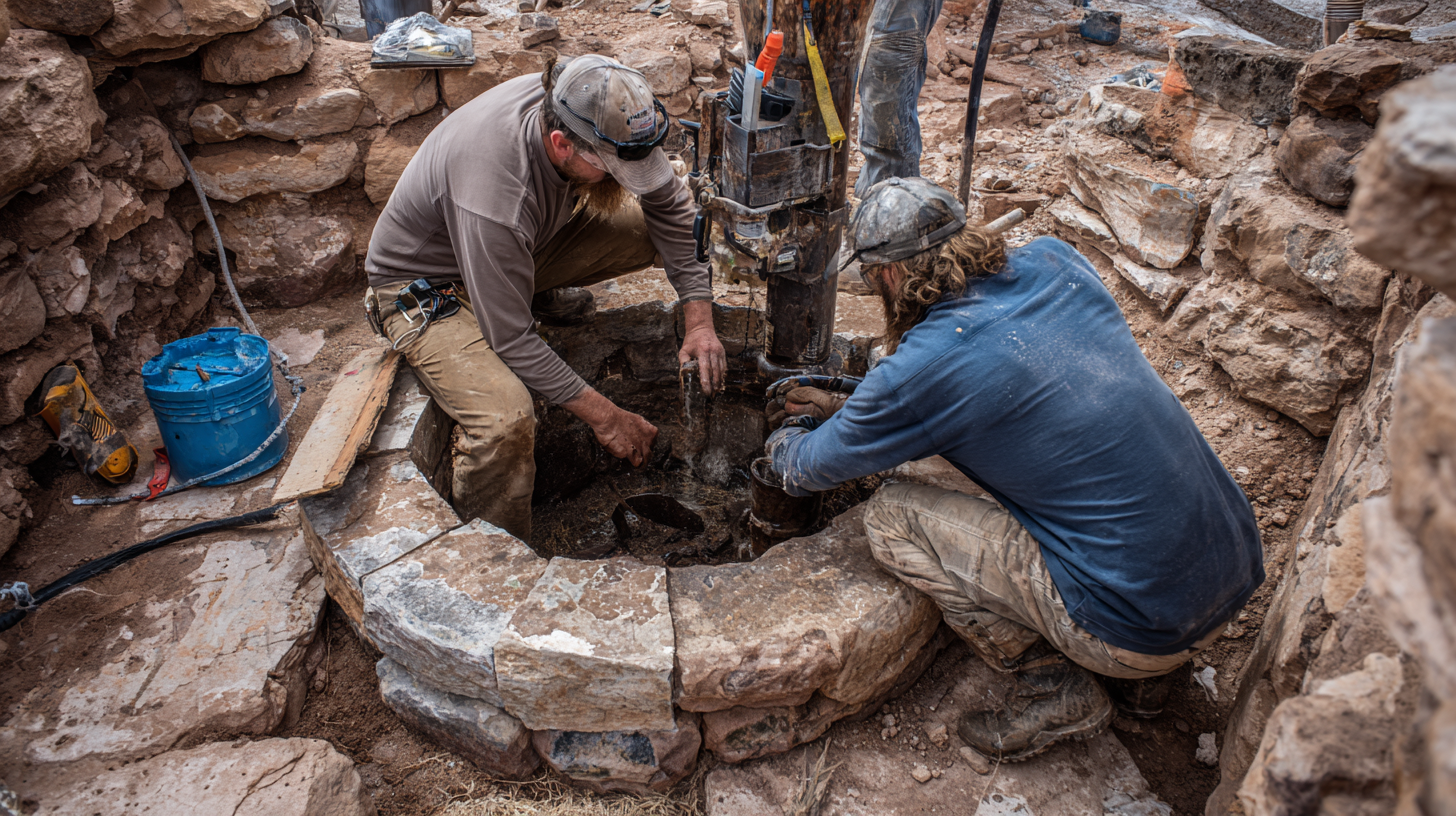
Choosing the Right Tools for Quick and Effective Water Well Repairs
When it comes to water well repairs, having the right tools can significantly enhance both the efficiency and longevity of your system. Selecting high-quality equipment tailored for specific issues is crucial. For example, using a specialized well pump puller can make it easier to remove a malfunctioning pump without causing damage to the well casing. Additionally, a reliable set of pliers and wrenches can assist with tightening or replacing fittings that may be leaking, ensuring that repairs can be made quickly and effectively.
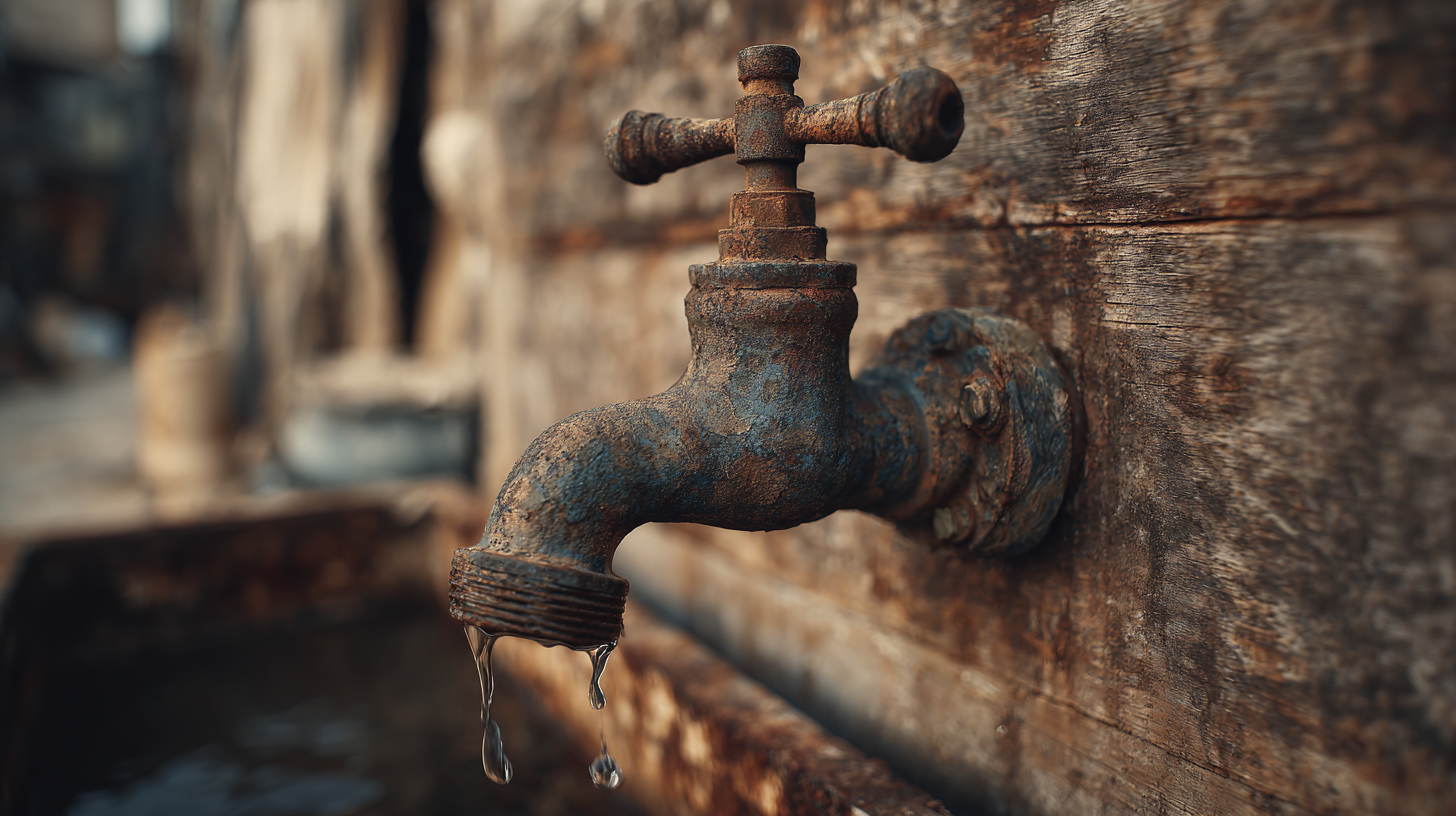
Moreover, investing in a comprehensive maintenance toolkit that includes a submersible pump rescue hoist, pressure gauges, and leak detection tools can save both time and money. These tools not only facilitate swift repairs but also help prevent future issues by allowing for regular maintenance checks. By prioritizing the right equipment, well owners can tackle repairs proactively, which not only boosts the well's durability but can also extend its lifespan by an impressive 30%. This strategic approach ensures that the water supply remains consistent and functional for years to come.
Implementing Sustainable Practices to Enhance Well Longevity
Implementing sustainable practices in water well maintenance is vital for enhancing longevity and efficiency. According to the National Ground Water Association (NGWA), regular inspections and maintenance can boost a well's lifespan by up to 30%. Simple actions like cleaning the wellhead and ensuring proper drainage can prevent contaminants from entering the system, significantly reducing the risks of water quality degradation. Additionally, incorporating eco-friendly materials and technologies in repairs helps minimize environmental impacts, aligning with the principles of sustainable resource management.
Incorporating modern technologies such as monitoring systems can also aid in sustainable practices. Research from the Water Research Foundation indicates that using remote sensing and data analytics tools enables well owners to detect potential issues before they escalate into costly repairs. These technologies can provide insights into water levels, pump performance, and overall system health. By embracing these sustainable methods, users not only extend the life of their wells but also promote responsible water usage, ensuring that this vital resource remains available for future generations.
Related Posts
-
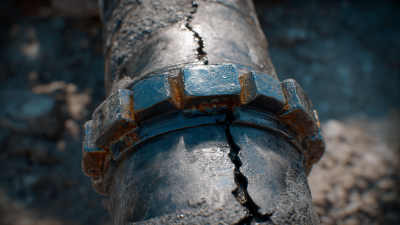
How to Effectively Utilize Pipe in Pipe Repair Techniques for Long-lasting Solutions
-
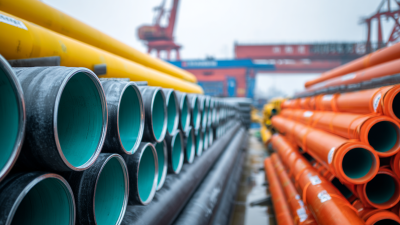
Innovative Pipe Sleeve Solutions Unveiled at the 138th Canton Fair 2025 in China
-

Unlocking the Advantages of No Dig Sewer Repair for Modern Infrastructure
-

Creative Applications of Sewer Pipe Sleeve Repair Techniques
-
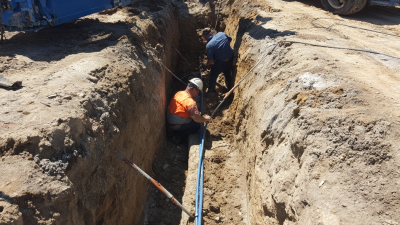
How to Use Trenchless Technology for Effective Sewer Repair Solutions
-

Unlocking the Advantages of Pipe Sleeve Solutions for Global Procurement

